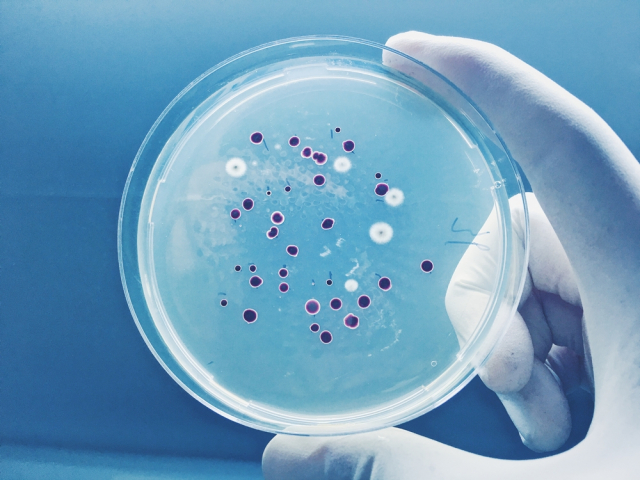American scientists from the University of Texas at Austin in the course of their research work, presented in PNAS, found that bacteria have a kind of “memories” that they can pass on to their offspring by inheritance.
Specialists noticed that bacteria with experience of swarming, which means collective movement due to flagella, over time more effectively participated in this movement, although they do not have a nervous system that could provide the emergence of memories. Researchers decided to figure this out, for which they performed more than 10 thousand tests.
It is noted that during the tests, the scientists determined that in Escherichia coli, or E. coli, the trigger of some kind of “memory” of information about behavior was the level of cellular iron.
